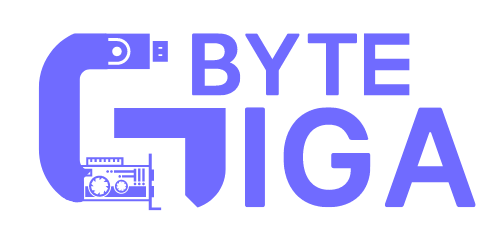In recent years, the healthcare industry has undergone a significant transformation, driven by the advent of big data. This revolution is not just a buzzword; it is reshaping how healthcare providers deliver care, how patients interact with their health data, and how medical research is conducted. For individuals aged 16-40, understanding the implications of big data in healthcare is crucial as it directly impacts their health and well-being.
Understanding Big Data in Healthcare
Big data in healthcare refers to the vast amounts of data generated from various sources, including electronic health records (EHRs), medical imaging, genomic sequencing, wearables, and even social media. This data, when properly analyzed, can provide valuable insights into patient care, treatment outcomes, and overall healthcare efficiency.
The Role of Big Data in Healthcare Technology
Healthcare technology has evolved rapidly with the integration of big data analytics. Technologies such as artificial intelligence (AI) and machine learning (ML) are now being used to analyze complex datasets, identify patterns, and predict patient outcomes. For example, AI algorithms can analyze medical images to detect early signs of diseases like cancer, leading to earlier and more accurate diagnoses.
Electronic Health Records (EHRs)
EHRs are a primary source of big data in healthcare. They contain comprehensive patient information, including medical history, diagnoses, medications, treatment plans, immunization dates, and test results. By analyzing EHR data, healthcare providers can identify trends and improve patient care. For instance, predictive analytics can help identify patients at risk of developing chronic conditions, enabling early intervention.
Wearable Devices and Remote Monitoring
Wearable devices such as fitness trackers and smartwatches collect real-time health data, including heart rate, activity levels, and sleep patterns. This data can be integrated with EHRs to provide a holistic view of a patient’s health. Remote monitoring allows healthcare providers to track patients’ health outside of clinical settings, leading to more personalized and proactive care.
Medical Analytics and Data-Driven Healthcare
Medical analytics involves the use of big data to improve healthcare outcomes. By analyzing large datasets, healthcare providers can gain insights into patient populations, treatment effectiveness, and operational efficiency. This data-driven approach enables more informed decision-making and better resource allocation.
Predictive Analytics
Predictive analytics uses historical data to predict future outcomes. In healthcare, this can mean predicting disease outbreaks, patient readmissions, or the likelihood of treatment success. For example, predictive models can analyze patient data to identify those at high risk of readmission, allowing for targeted interventions to prevent it.
Precision Medicine
Precision medicine is an emerging approach that tailors medical treatment to the individual characteristics of each patient. By integrating genomic data with other health data, healthcare providers can develop personalized treatment plans that are more effective and have fewer side effects. This approach is particularly beneficial for treating complex diseases like cancer.
Challenges and Ethical Considerations
While the potential benefits of big data in healthcare are immense, there are also significant challenges and ethical considerations. Data privacy and security are paramount, as healthcare data is highly sensitive. Ensuring that patient data is protected from breaches and misuse is critical.
Data Privacy and Security
Healthcare organizations must comply with regulations such as the Health Insurance Portability and Accountability Act (HIPAA) in the United States, which sets standards for protecting patient data. Implementing robust cybersecurity measures and ensuring that data is anonymized can help mitigate privacy risks.
Ethical Use of Data
The ethical use of big data in healthcare involves ensuring that data is used in ways that benefit patients and do not cause harm. This includes obtaining informed consent from patients, being transparent about how data is used, and addressing potential biases in data analysis.
“The goal is to turn data into information, and information into insight.”
Carly Fiorina
The Future of Big Data in Healthcare
The future of big data in healthcare is promising, with ongoing advancements in technology and analytics. As data integration and analysis techniques continue to improve, we can expect even more innovative applications that enhance patient care and outcomes.
Telemedicine and Remote Care
Telemedicine, which involves providing healthcare services remotely, has gained significant traction, especially during the COVID-19 pandemic. Big data plays a crucial role in telemedicine by enabling remote monitoring, virtual consultations, and personalized care plans based on real-time data.
AI and Machine Learning
AI and machine learning are set to revolutionize healthcare by providing deeper insights into patient data. These technologies can help identify patterns that are not immediately apparent to human analysts, leading to more accurate diagnoses and treatment plans.
In conclusion, big data is transforming healthcare in unprecedented ways. For individuals aged 16-40, understanding the impact of big data on healthcare is essential, as it directly influences their health and well-being. By leveraging big data, healthcare providers can deliver more personalized, efficient, and effective care, ultimately improving patient outcomes and quality of life.








